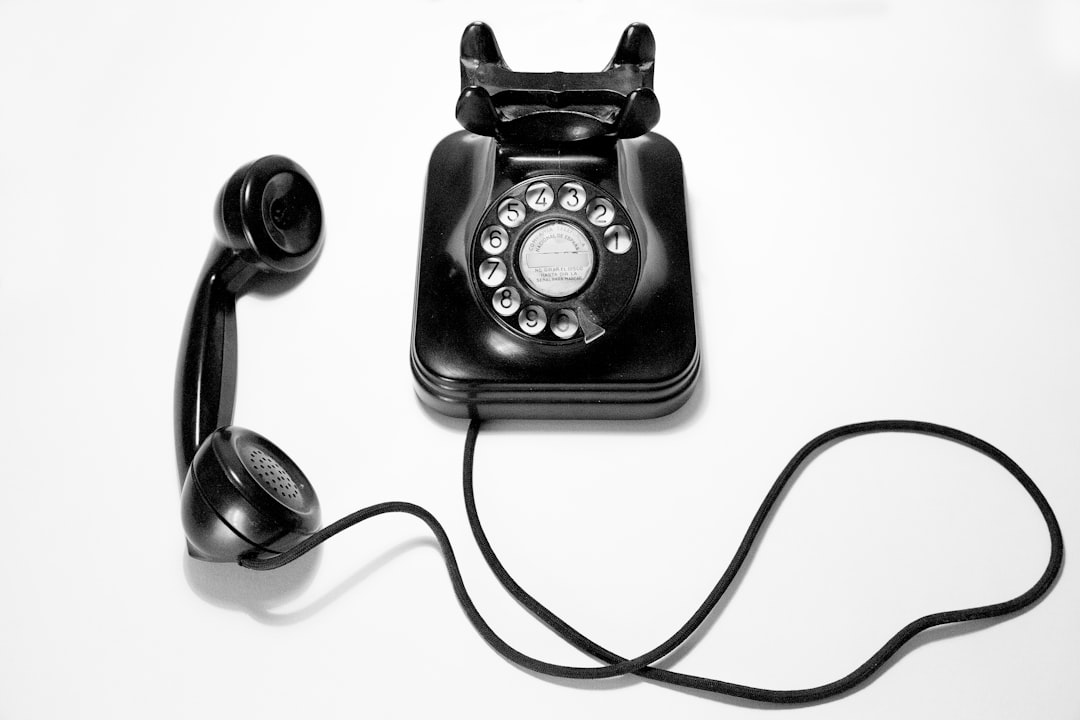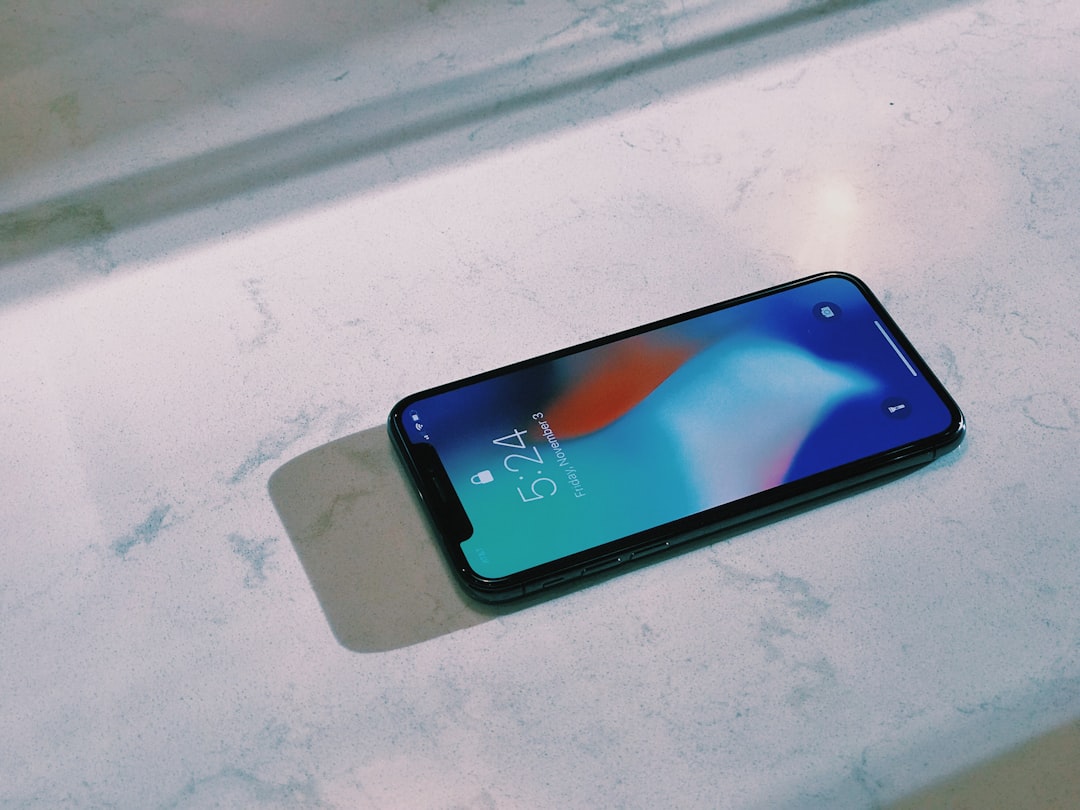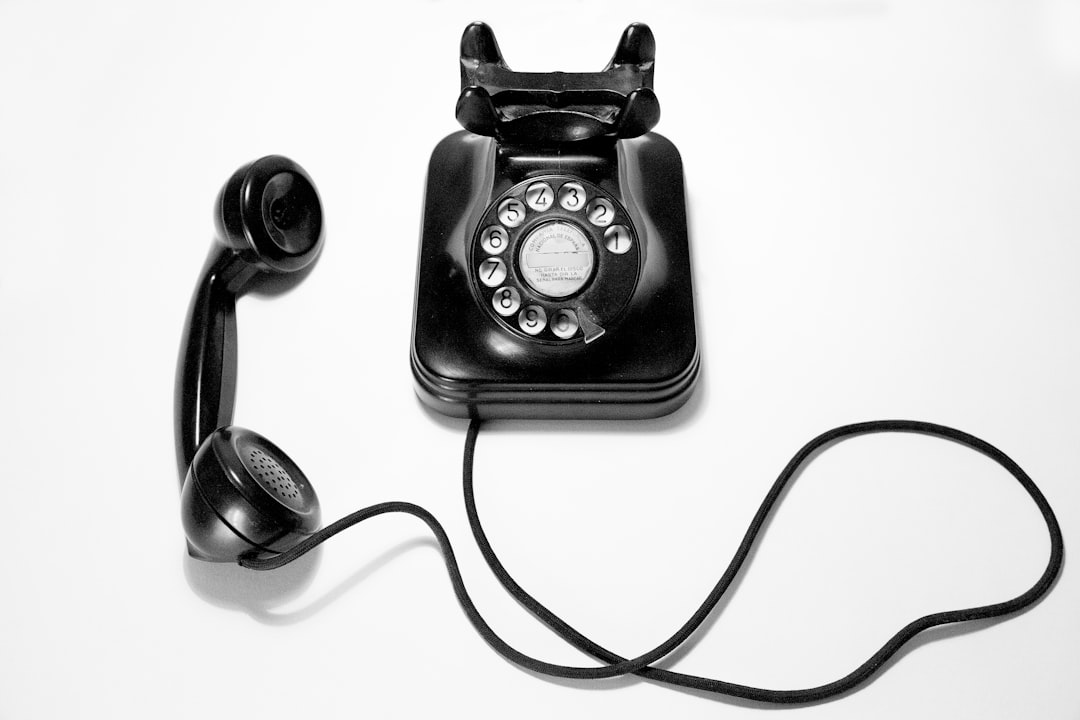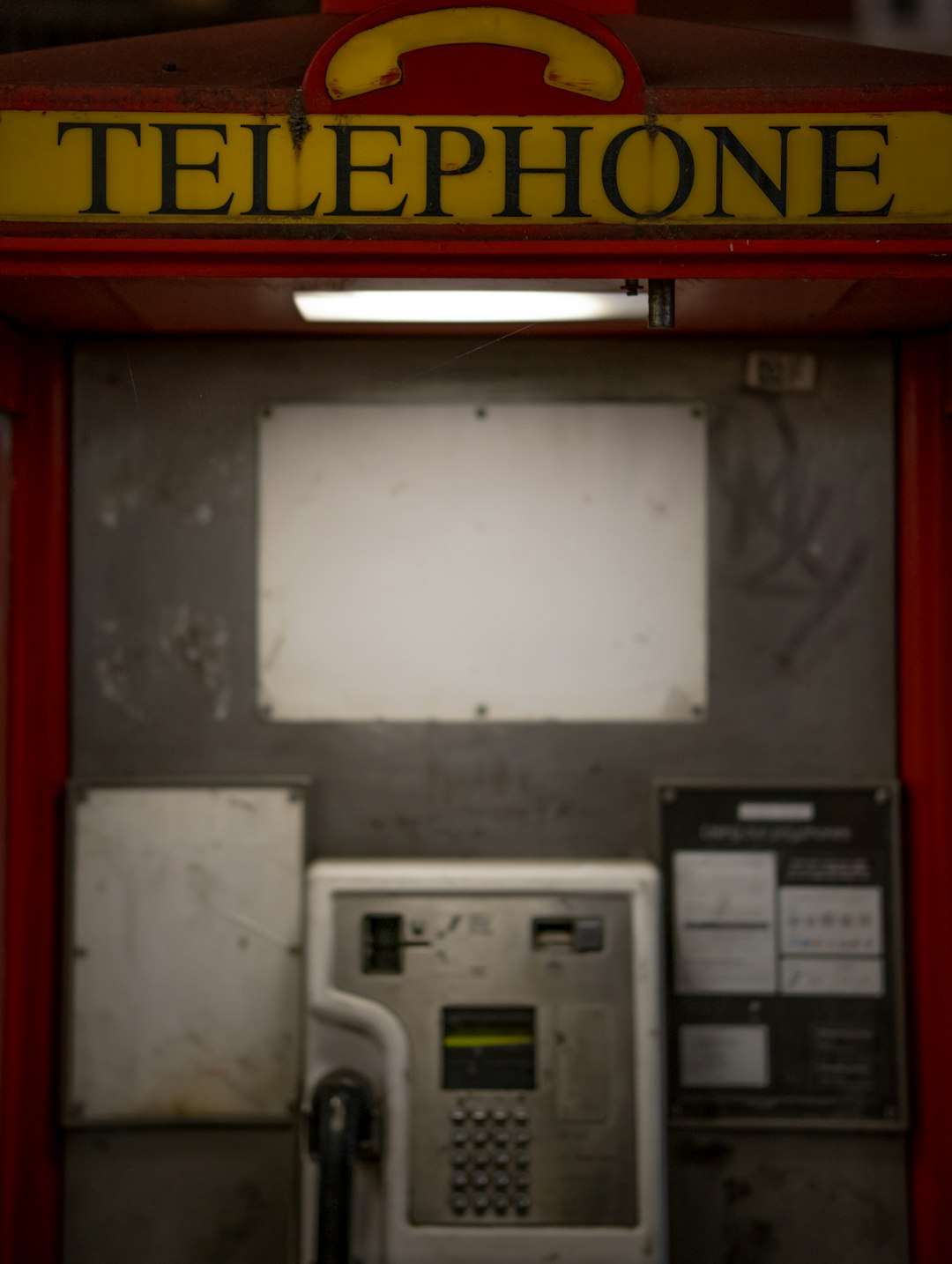In Connecticut, consumers are protected from unwanted phone calls, especially automated or prerecorded robocalls, by the Telephone Consumer Protection Act (TCPA). If you receive unsolicited calls, including from law firms, document them, block numbers, and consult a specialized Do not call lawyer Connecticut or robocall attorney Connecticut. These professionals help navigate legal action against businesses violating state regulations like the CT Unfair Trade Practices Act (CUTPA) and TCPA, offering compensation for emotional distress and privacy violations. Choose an experienced firm with positive online reviews to protect your rights effectively.
Tired of relentless robocalls? You’re not alone. In Connecticut, understanding your rights and taking action against unwanted calls is crucial. This guide equips you with the knowledge to combat robocalls effectively. Learn about your legal protections as a Connecticut resident and discover how to partner with a specialized Do Not Call Lawyer Connecticut or Do not call attorney Connecticut. We’ll walk you through filing a lawsuit, seeking financial compensation, and navigating the state’s legal landscape to hold robocallers accountable. Find the robocall attorneys Connecticut and robocall law firms Connecticut you need to reclaim your peace and pocketbook.
- Understanding Your Rights Against Unwanted Calls
- What to Do When You're a Victim of Robocalls
- Navigating the Connecticut Legal Landscape for Do-Not-Call Cases
- Choosing the Right Lawyer: Tips for Hiring a Do Not Call Attorney in CT
- The Process of Filing a Lawsuit Against Robocallers
- Obtaining Financial Compensation: Damages and Remedies
Understanding Your Rights Against Unwanted Calls
In Connecticut, consumers have certain rights when it comes to unwanted telephone calls, particularly those from automated dialers or prerecorded messages, commonly known as robocalls. The Telephone Consumer Protection Act (TCPA) grants individuals the power to take action against persistent and intrusive phone marketing. If you’ve been experiencing a barrage of robocalls, knowing your rights is the first step towards regaining control.
Under Connecticut law and the TCPA, businesses are prohibited from making automated or prerecorded calls to consumers without their prior explicit consent. This means that if you have not given permission for a company to contact you this way, such calls can be considered illegal. There are specific guidelines and regulations in place to protect individuals from unwanted marketing tactics, including robocalls. If you’ve received unwanted calls from law firms or attorneys practicing in Connecticut, you may have grounds to take legal action against them using a Do not call lawyer Connecticut or robocall attorney Connecticut.
What to Do When You're a Victim of Robocalls
If you’ve become a victim of robocalls, it’s important to know your rights and options. The first step is to verify if the calls are indeed automated by checking if they leave a prerecorded message. If confirmed, take action promptly. Contact a Do not call lawyer Connecticut or consult with a robocall attorney Connecticut who specializes in telecommunications law. They can guide you on how to file a complaint with relevant authorities like the Federal Communications Commission (FCC).
Documenting the calls is crucial. Save any recorded messages, block the caller’s number, and keep track of the frequency and content of the robocalls. This evidence will be valuable if you decide to pursue legal action or seek financial compensation Connecticut. Consider engaging a reputable do not call law firm Connecticut to represent your case, especially if the calls are persistent or have led to emotional distress. Remember, there are laws in place to protect consumers from unwanted phone marketing, and a lawyer for robocall Connecticut can ensure your rights are upheld.
Navigating the Connecticut Legal Landscape for Do-Not-Call Cases
Navigating the legal landscape to stop unwanted calls and seek financial compensation in Connecticut involves understanding your rights and the available legal avenues. If you’ve been experiencing persistent robocalls or unsolicited telemarketing, a do not call lawyer Connecticut can provide guidance and represent your interests. These attorneys specialize in do-not-call cases, ensuring that businesses adhere to state regulations.
In Connecticut, the do not call law firm Connecticut advocates for residents’ privacy rights by enforcing the Connecticut Unfair Trade Practices Act (CUTPA) and the Telephone Consumer Protection Act (TCPA). A robocall attorney Connecticut will help you file a complaint, gather evidence, and potentially pursue legal action against violators. They can also assist in securing financial compensation for any distress or harm caused by these unwanted calls.
Choosing the Right Lawyer: Tips for Hiring a Do Not Call Attorney in CT
When looking to hire a Do Not Call Lawyer in CT, it’s essential to make a strategic choice. Start by identifying law firms specializing in telecommunications and consumer protection laws, as these areas directly relate to robocalls and unwanted calls. Next, consider their experience; look for attorneys who have successfully handled cases involving robocall attorneys or robocall law firms. Online reviews can be invaluable, offering insights into their track record and client satisfaction.
Additionally, ensure the lawyer or firm has a clear understanding of Connecticut’s specific regulations regarding Do Not Call laws. They should be adept at navigating legal complexities, negotiating settlements, and representing clients in court if needed. A reputable do not call law firm Connecticut will have a proven history of successful case outcomes and a commitment to protecting consumer rights.
The Process of Filing a Lawsuit Against Robocallers
When dealing with persistent and unwanted robocalls, many Connecticut residents turn to legal action. Filing a lawsuit against robocallers is a viable option to stop these incessant calls and seek financial compensation for the nuisance they cause. The process begins by gathering evidence of the calls, including date, time, and content of each interaction. This may involve reviewing call records and any written communications received from the automated callers.
Next, individuals should consult with a qualified do not call lawyer Connecticut or robocall attorney Connecticut. These legal professionals can advise on the best course of action, whether it’s negotiating a settlement with the call center or filing a lawsuit against the responsible party. Reputable do not call law firms Connecticut specialize in such matters and can represent clients in court if necessary. By taking this step, victims of robocalls can hold perpetrators accountable and reclaim their peace of mind.
Obtaining Financial Compensation: Damages and Remedies
When dealing with unwanted phone calls, especially those from telemarketers or robocalls, there are legal avenues to obtain financial compensation in Connecticut. If you’ve been a victim of persistent or harassing calls, consulting a Do not call lawyer Connecticut or robocall attorney Connecticut is a significant step towards justice. These legal professionals specialize in navigating the complexities of consumer protection laws and can help assess the damages incurred due to these unwanted interactions.
The remedies available may include monetary compensation for emotional distress, loss of enjoyment, or even the cost of any goods or services purchased as a result of the calls. In some cases, a do not call law firm Connecticut might pursue collective action on behalf of multiple affected individuals, leading to substantial settlements. This not only discourages such practices but also ensures that victims receive the financial relief they deserve for their inconvenience and potential privacy violations.






